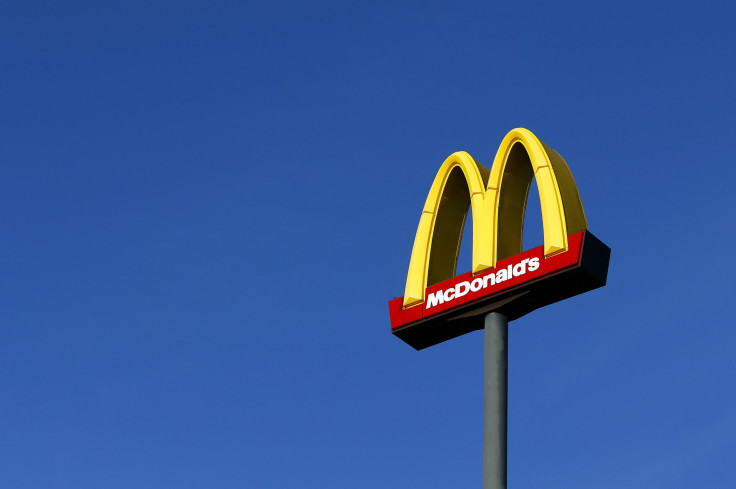Anti-trust complaint against McDonald’s: European Union to examine charges levelled by consumer groups

The European Union will look into the antitrust complaint lodged by a coalition of consumer groups against fast food giant McDonald's. The consumer groups from Italy have accused the American food company of abusing its dominant position in the market to exploit franchisees and consumers in Europe.
The new complaint adds to an existing EU investigation that is looking at McDonald's tax deal with Luxembourg, reports The Associate Press.
The complaint also got the backing of American Service Employees International Union. The complaint lodged before the European Commission slams the hamburger giant for abusing its monoply status in the market to squeeze franchisees. The consumer groups included Codacons, Movimento Difesa del Cittadino and Cittadinanzattiva.
Huge rent
Alleging that McDonald's have been breaching the rules of European Union by abusing its position as a landlord by levying exorbitant rents from franchisees, which are 10 times higher than the market rates, the consumer coalition called for a serious review of its franchising contracts, reports USA Today.
The franchise contracts of McDonald's in Europe are meant for 20-years with severe one-to two-year non-competitive terms restricting franchisees from switching to other brands. The petition said, the high rents levied by the hamburger giant and the hard terms of the contract are leading to higher prices at the joints and harming the interests of consumers.
Noting that the practices are in violation of EU’s antitrust rules that “dominant companies have a responsibility not to abuse their powerful market position by restricting competition,” the consumer groups called for urgent action against McDonald's.
The coalition said the ill effects of McDonald's practices in Europe are well manifested in the prices of items charged at franchise restaurants vis a vis company-operated restaurants.
The complaint said 97 percent of menu items had higher prices at franchise outlets as compared to corporate-owned restaurants. In Rome, nearly 68 percent of items had higher prices in franchise stores. In Paris, menu items are being charged 71 percent more than corporate prices.
Citing a specific case, the petition said, franchisee outlets in France are selling small fries at a huge price than corporate stores. If it was 72 percent high in Marseille, in Paris it was 64 percent more expensive, while the same is 25 percent more expensive in Lyon.
“This complaint is an important step in recognising how anti-competitive practices and bad corporate citizenship harm consumers,” the consumer groups said in a joint statement.
Urging the Commission to take a hard look at McDonald’s franchising system, the petition wanted EU to take appropriate action to end unfair burdens on the company’s franchisees save the consumers from further harm.
McDonald's response
McDonald's in its response said the arrangements with franchisees have worked well for many years.
“We are fully transparent about the costs involved in becoming a franchisee which include franchisee investment in restaurant equipment, seating, signage and decor, rent and royalties for the use of the McDonald's brand,” its statement said.





















